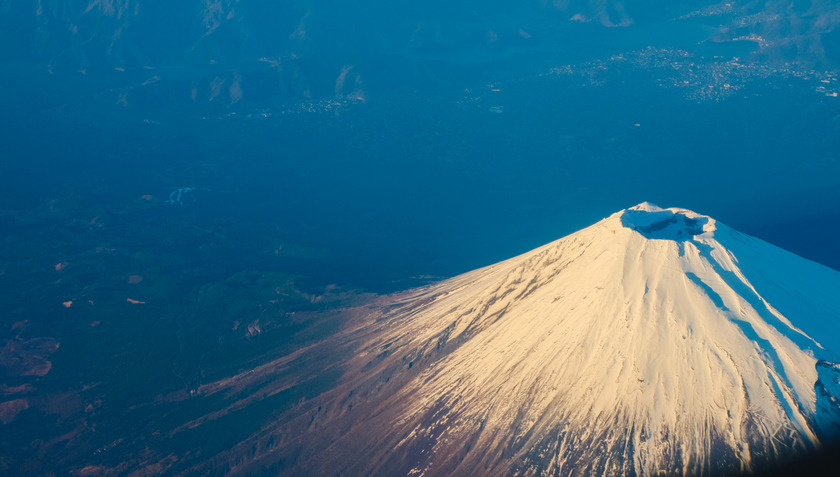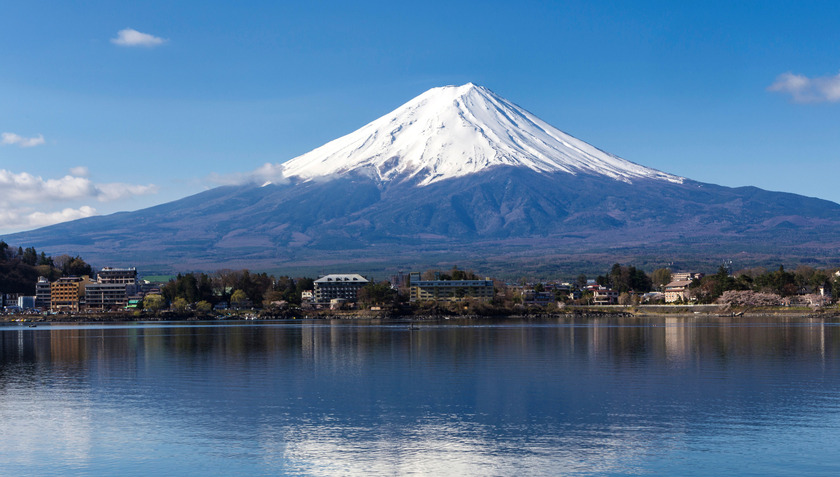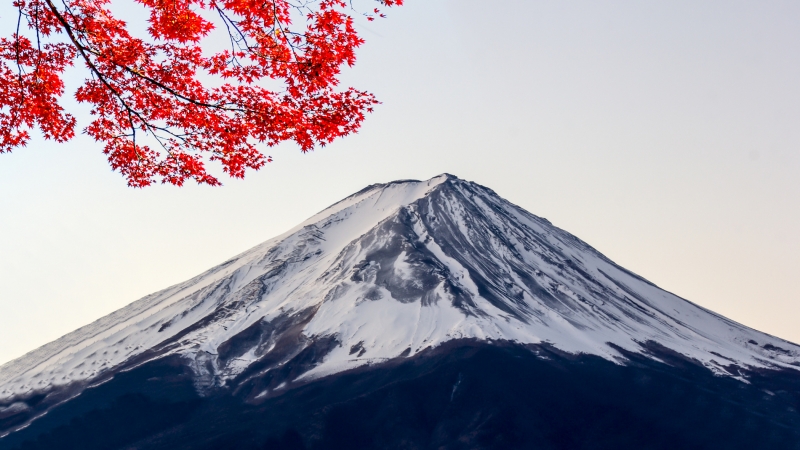2024 will mark the latest snowfall on the highest and most iconic mountain in the Land of the Rising Sun since records began 130 years ago. The previous record for the latest snowfall was on October 26, 1955, followed by another occurrence in 2016.
Mount Fuji, Japan's famous peak, remains snow-free until this time of year. This is the latest time of year that the summit and its slopes have been snow-free since data was first recorded 130 years ago, according to the local meteorological agency, as reported by AFP and The Japan News.

Mount Fuji in Japan is usually covered in snow by early October, but as of October 29th, it remained bare – marking the latest snowless day since records began 130 years ago.
On average, snow begins to fall on Mount Fuji around October 2nd each year. Last year, the snow appeared a little later, on October 5th. However, due to the warm weather in Japan, influenced by global warming, snow has not yet fallen on Japan's highest mountain this year.
The first snowfall of the year on Mount Fuji usually signals the arrival of winter. According to the local Kofu Meteorological Agency, higher-than-normal temperatures are believed to be the reason for the late snowfall on the mountain.
Each year, weather officials confirm the first snowfall of the season from the meteorological office, located about 40 kilometers from the mountain. This operation began in 1894, when the previous observatory was established. Officials say that cloudy weather around the mountain or in the city can make it difficult for them to determine the formation of a snow cover even after it has fallen.

Scientists predict this phenomenon is caused by global warming.
This summer in Japan is the hottest on record – matching the temperatures recorded in 2023 – as extreme heat waves due to climate change blanket the globe. During the climbing season from July to September, more than 220,000 visitors trek up the steep, rocky slopes. Many climb overnight to watch the sunrise from the 3,776-meter summit.
However, this year, fewer people climbed Mount Fuji after the Japanese government implemented an entrance fee and limited the number of climbers daily to curb overtourism.

 VI
VI EN
EN



































